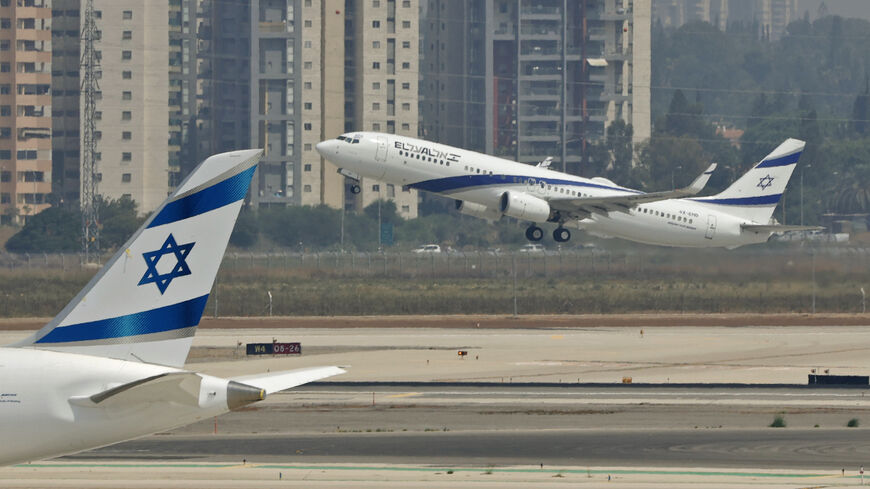Oman announced on Thursday that it will open its airspace to all carriers — including Israel's — that meet the safety requirements of its civil aviation authority.
The Omani announcement did not refer to Israel specifically, but the news means that Israeli aircrafts will be authorized to fly through its skies. Last July, Saudi Arabia made a similar announcement, authorizing all carriers to pass through its airspace. Similarly, the Saudi announcement did not mention Israel, but the decision clearly enabled Israeli flights to pass through its skies.
Hailing the Omani announcement, Israel's Foreign Minister Eli Cohen said that the "historic decision will shorten the road to Asia, lower costs for Israeli citizens and help Israeli airlines to be more competitive. I thank the Sultan of Oman Haitham bin Tariq Al Said and our American friends for their substantial help in the success of the move."
Israel’s Foreign Ministry noted that the historic decision came after several months of talks with Omani authorities. It commented, "The approval given today joins the approval of Saudi Arabia and will enable the shortening of flights from Israel to destinations in Asia by more than two hours."
The US welcomed the announcement on Thursday and credited it to White House’s “quite diplomatic engagement” on the issue.
“This historic step completes a process begun last year, during President [Joe] Biden’s visit to the Middle East region, when Saudi Arabia similarly opened its airspace to all civilian planes,” US National Security Council Spokesperson Adrienne Watson said in a statement.
Israel and Oman do not maintain diplomatic relations, but had reached a degree of rapprochement even before the announcement on the Abraham Accords between Israel, Bahrain and the Emirates in August 2020. Prime Minister Benjamin Netanyahu traveled to Oman in October 2018, the first such visit by an Israeli leader in 20 years, and met with the late Sultan Qaboos.
After the Abraham Accords, Foreign Minister Gabi Ashkenazi spoke on the phone with his Omani counterpart, Yusuf bin Alawi bin Abdullah. Since then, Israeli officials have hinted that Oman could join the accords, but senior Omani officials clarified that it would happen only after advancement in the Palestinian file.
Oman's airspace has been a frequent topic of discussion between Israel, the United States and Oman for the past two years. Last August, Oman reportedly remained closed to Israeli flights upon pressure by Iran. Three months later, the United States reportedly pressured Oman to take the step.








